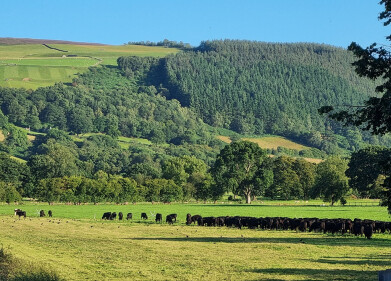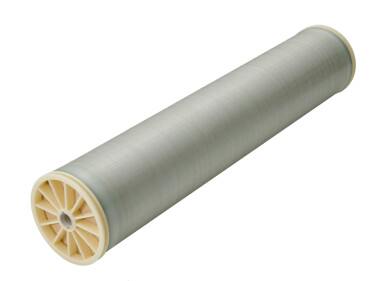Water/Wastewater
Aussie wastewater plant sets stage for carbon-friendly treatment
May 29 2012
A new wastewater treatment plant in Australia has set the stage for a carbon-friendly form of wastewater treatment, using innovative Upflow Anaerobic Sludge Blanket (UASB) reactors.
The wastewater plant, located in Western Australia, uses UASB reactors which is a methane producing digester using an anaerobic process to form a blanket of granular sludge, which suspends in a tank. This innovative design allows the wastewater to flow upward through the blanket, with microorganisms in the granules degrading organic pollutants by anaerobic digestion, while the methane can be used to power the reactor.
Curtin Chemical Engineering Department lecturer and article co-author Dr Tushar Sen told Science WA: “UASB reactors are one of the popular high-rate anaerobic digesters used for domestic sludge treatment.
“Its main features are the availability of grainy or flocculent sludge, allowing it to achieve high chemical oxygen demand removal efficiencies without the need of a support material."
Anaerobic reactors have benefits over aerobic reactors because they are highly efficient and have low requirements, according to Mr Sen. However, the article disclosed that one of the disadvantages of the UASB reactors is the two to eight month start-up period required to form granules inside the reactor.
Rekindling power from biogas and achieving local discharge standards were cited as the two main priorities for Dr Sen and his team, who are looking to bring the technology to Western Australia. In order for the system to be fully implemented, there needs to be further improvement on nutrient and pathogen removal to meet local recovery standards.
“The biggest challenges in making the suggested process economically and technically viable have been the associated high costs, the relatively cheap price of fossil fuels and a lack of experimental and scale-up studies,” Dr Sen says.
There is a large body of research in this area, and so the improvements in technologies are likely to come soon. Enhancing the amount of power that is produced from the treatment plants, as well as reducing material costs and carbon dioxide emissions are the most pressing advances.
Posted by Lauren Steadman
Events
Carrefour des Gestions Locales de L'eau
Jan 22 2025 Rennes, France
Jan 29 2025 Tokyo, Japan
Feb 05 2025 Nantes, France
Feb 16 2025 Kampala, Uganda
Feb 26 2025 Chennai, India




-as-feedstock.jpg)





